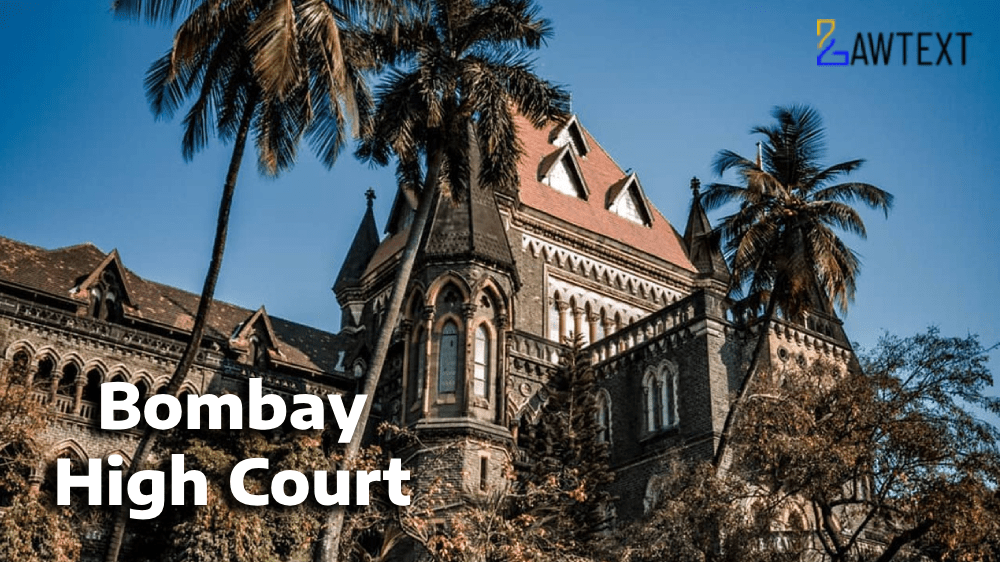High Court Quashes Sessions Judge's Suo Moto Revision in Arrest Case. The Bombay High Court set aside the Sessions Judge's use of suo moto powers in a matter involving a female accused's night-time arrest.

CASE NOTE & SUMMARY
The Bombay High Court at Nagpur, in the case of Shahrukh Ziya Mohammad vs. State of Maharashtra & Ors., addressed the propriety of a Sessions Judge’s suo moto invocation of revisional jurisdiction. The Sessions Judge had taken cognizance of a Magistrate’s order permitting the night-time arrest of a female accused in a fatal road accident case. The High Court quashed the suo moto action, holding it unjustified due to the absence of any grievance from the parties and the lack of substantial grounds.
-
Parties Involved (Para 1-2):
- Petitioner: Shahrukh Ziya Mohammad, relative of a deceased person in the road accident.
- Respondents: State of Maharashtra and Ritika @ Ritu Dinesh Maloo (accused in the case).
- The Sessions Judge had invoked suo moto powers to examine the Magistrate’s order allowing Ritika's arrest during night hours.
-
Factual Background (Para 3-4):
- The case stems from a fatal road accident on 25.02.2024, leading to the deaths of two people.
- Initially, offenses under Section 304-A IPC were registered, later elevated to Section 304 IPC. The accused sought bail but was denied, and the investigation was transferred to the State CID.
- The CID sought permission for her night-time arrest due to concerns about her absconding.
-
Magistrate’s Order (Para 5-6):
- On 25.09.2024, the Magistrate granted permission to arrest the accused during the night under Section 46(4) CrPC (now Section 43(5) of BNSS).
- The arrest was carried out that night, and the accused was presented before the court the following day.
-
Sessions Judge’s Suo Moto Action (Para 7-8):
- On 30.09.2024, the Sessions Judge, citing Section 397(1) CrPC, initiated a suo moto revision to scrutinize the Magistrate’s order.
- The High Court noted that the accused had no grievance with the night-time arrest order.
-
High Court’s Observations (Para 9-22):
- The High Court found no justification for the Sessions Judge’s suo moto action, emphasizing that there was no aggrieved party.
- It highlighted that the revisional jurisdiction should only be invoked with cause, and the Sessions Judge failed to provide reasons for his action.
- The order allowing the night-time arrest had already been executed, making any further review redundant.
-
Ratio Decidendi (Para 15-20):
- The use of suo moto powers must be reasoned and cannot be based on personal whims. Since the Magistrate’s order was legally sound, there was no basis for the Sessions Judge’s intervention.
- The High Court emphasized judicial restraint, particularly when dealing with interlocutory orders that do not affect final rights.
Acts & Sections Discussed:
Subjects: Suo Moto Revision, Night Arrest, Bombay High Court, Criminal Procedure, Judicial Restraint, Road Accident
ISSUE OF CONSIDERATION
Shahrukh Ziya Mohammad Versus State of Maharashtra & Ors.
Citation: 2024 LawText (BOM) (10) 4
Case Number: CRIMINAL WRIT PETITION No. 783/2024.
Date of Decision: 2024-10-01
Case Title: Shahrukh Ziya Mohammad Versus State of Maharashtra & Ors.
Before Judge: VINAY JOSHI AND VRUSHALI V. JOSHI , JJ.
Advocate(s): Mr.A.G. Hunge, Advocate for the Petitioner. Mr. D.V. Chavhan, Senior Advocate/G.P. with Mr.N.H. Joshi, A.P.P. for Respondent No.1. Mr.S.P. Bhandarkar, Advocate for Respondent No.2. Mr. F.T. Mirza, Senior Advocate with Mr. A. Kukday, Advocate for Registrar, High Court Bombay.
Appellant: Shahrukh Ziya Mohammad
Respondent: State of Maharashtra & Ors.

